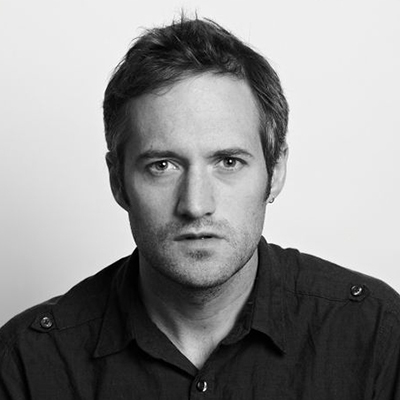
Dylan Stableford
The United States Supreme Court on Thursday heard arguments in a landmark case that will decide whether former President Donald Trump is ineligible to run for a second term in office because of his efforts to overturn the results of the 2020 election, which culminated in the riot at the U.S. Capitol on Jan. 6, 2021.
Throughout the hearing, however, both liberal and conservative justices seemed highly skeptical of the decision by the Colorado Supreme Court to remove Trump from state ballots based on its reading of Section 3 of the 14th Amendment, which bars those who have taken an oath of office and later "engaged in insurrection" from holding office gain.
Trump appealed the Colorado ruling to the Supreme Court, arguing that Section 3 doesn't apply to presidents and that Congress, not the states or courts, is the only body that can remove candidates from ballots.


A man accused of a series of sexual assaults on his wedding night and honeymoon has been found not guilty on all charges in a Sydney court.

Rosalía stepped out wearing a breathtaking naked dress at the Prelude to the Olympics in Paris. The design was a nude coloured see-through lace gown by Dior.

The "Late Show" host mocked the former president over one curious claim.

With Joe Biden calling Trump’s alleged golfing prowess into question, is the 45th president as good as he claims to be?

Commuters were noticeably annoyed by the disturbance, one man told Yahoo, and were 'shifting away' from the men in question.

"Something about the question mark after 'old and quite weird' is taking me out."

Rafa Nadal has left the tennis world stunned. Find out more here.

Hundreds of Aussie tourists are being denied entry into Indonesia’s island paradise for one reason.

The royal staff member reportedly let go is a relative of Queen Camilla.

Republican presidential candidate Donald Trump called in to Fox News Thursday, where he told supporters that presumptive Democratic nominee Kamala Harris is a “radical left, not very smart person” who’s part of a massive conspiracy to weaponize the nation’s legal system against him. Harris’ campaign fired back mere minutes later with an email blasting the “78-year-old convicted criminal’s Fox ...

The "Tonight Show" host envisioned an exchange between the Republican presidential nominee and Elon Musk.

Don't show this post to JD Vance.

FBI director Christopher Wray said investigators did not know whether Trump’s ear was grazed by a bullet or shrapnel

BGT judge Amanda Holden looked flawless as she holidayed with her mini-me daughters Lexi and Hollie. Take a look inside their lavish Greek getaway…

The Pussycat Dolls singer showed off the racy look in spicy new social media snaps.

‘As a very tall and big man, I have had this happen more than a few times,’ one commenter related to the Reddit post

Linda Kosuda-Bigazzi killed her husband with a hammer before hiding his body in the basement of their home and pocketing his paychecks for months

The popular Kmart product has quickly become a household essential. Here's why.

The Summer 2024 Olympics officially kick off in Pairs on Friday, July 26.

Three men who allegedly forced two Aussie teenagers who were dating each other to marry have fronted court.